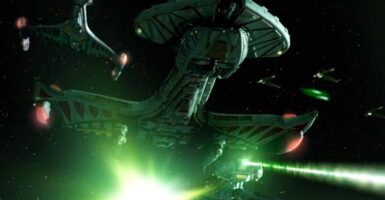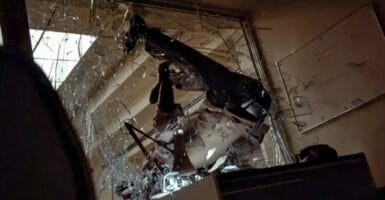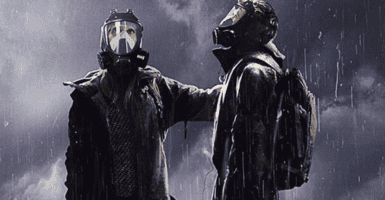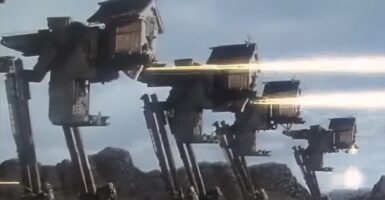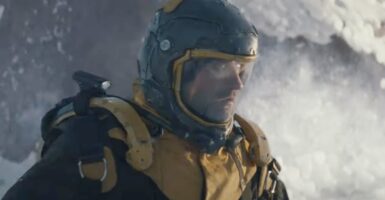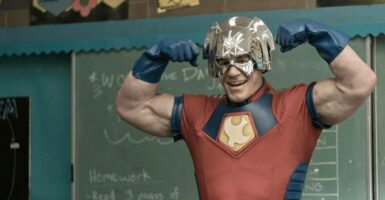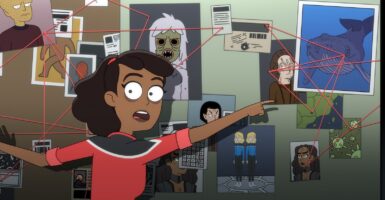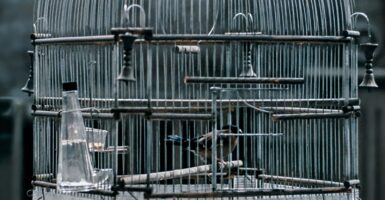Science Fiction Writers Enlisted To Combat Future Threats From Technology
The U.K. government has hired science fiction authors to analyze future threats.
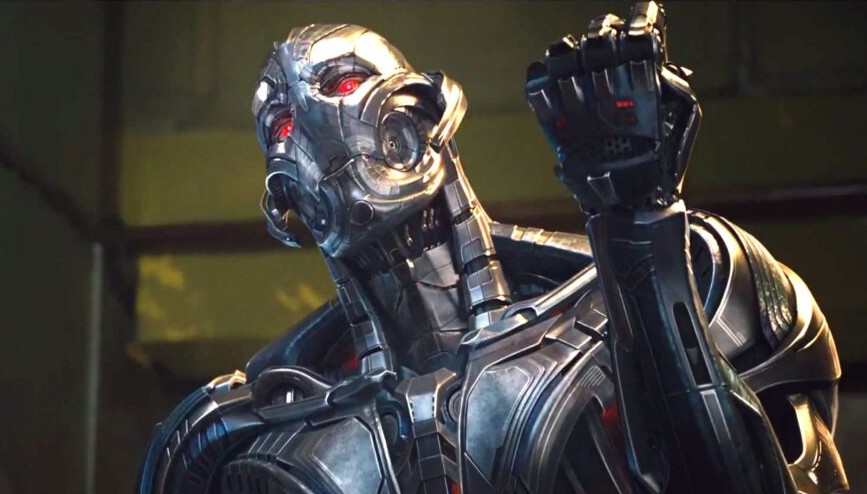
Since the birth of the genre alongside the Industrial Revolution, science fiction has tried to tell stories of the future that are relevant to the present. A United Kingdom Defence Science and Technology Laboratory (DSTL) report sheds light on the incredible new role for some British authors: military consultant. With the sudden rise of AI, it’s more important than ever to prepare for threats before they happen, and the British government believes writers can offer valuable insight.
Thinking the unimaginable is simply a day in the office for talented sci-fi writers… who wouldn’t want to hear what people like that have to say?
– DSTL Chief Scientific Advisor Dame Angela McLean
DSTL Chief Scientific Advisor Dame Angela McLean tasked two renowned writers with developing multiple visions of the future based on the current trajectory of technology across multiple disciplines. PW Singer and August Cole were selected for this assignment, which doesn’t have the prestige of James Bond‘s MI-6 but is potentially even more important. Thankfully, both authors have the experience that makes them uniquely suited for this assignment to save King and Country.
PW Singer is an American author, political scientist, and scholar that has written books like GhostFleet: A Novel of the Next World War and Burn-In: A Novel of the Real Robot Revolution. In addition to the science fiction novels, Singer wrote Cybersecurity and Cyberwar: What Everyone Needs To Know and LikeWar: The Weaponization of Social Media. Working closely with a nation’s intelligence apparatus is also just another day in the office for the writer since he’s already helped the U.S. Army Training and Doctrine Command.
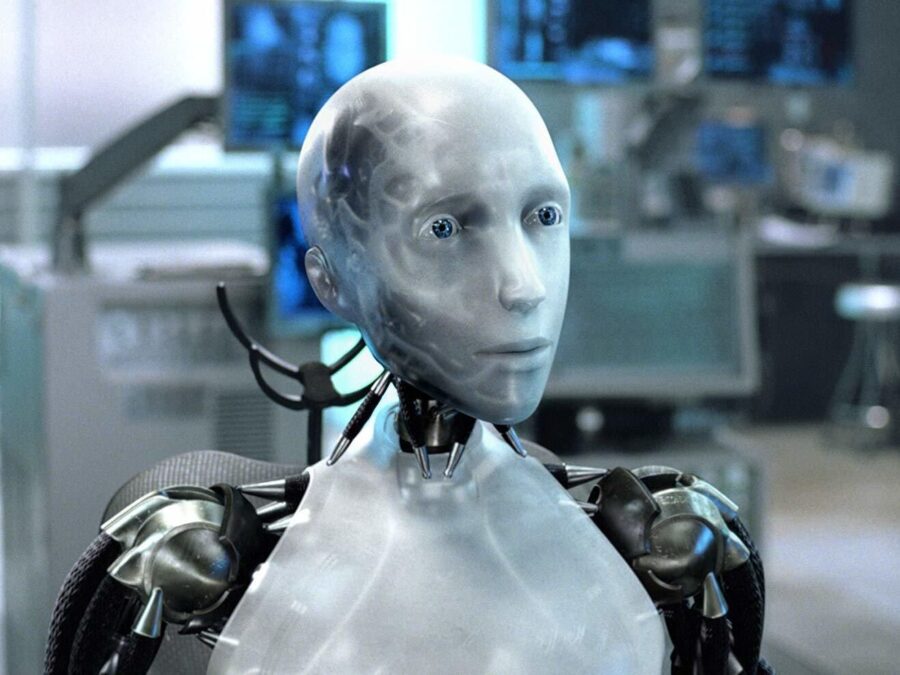
August Cole is Singer’s frequent collaborator, having worked on GhostFleet and Burn-In while contributing to War Stories From the Future, an anthology of short stories written by futurists. If any science fiction authors were to be able to predict possible futures, it would be these two; after all, they’ve made successful careers out of just that.
Robots are becoming more common in militarized forces, and while not widespread yet, it wasn’t all that long ago when drones replacing human pilots was thought to be a future problem. Science fiction has often looked at potential robot revolutions and the resulting ethical issues from using machines to do a human’s job. Isaac Asimov and Philip K. Dick are two authors that helped shape how we think of robots today with their short stories.
ChatGPT‘s recent rise to prominence in just a few short months and the more recent malevolent off-shoot, ChaosGPT, showed the importance of being prepared for a world in which artificial intelligence replaces common sense. Thinking outside the box by bringing onboard science fiction writers is a strange solution that could produce actionable, insightful, and potentially life-saving results.
No one can say with any certainty what the future holds, but if anyone can paint a hazy picture of what to expect, it’s science fiction authors. If that sounds strange, think about how this article is being read right now; statistically, it’s on a handheld device resembling Star Trek‘s communicators.
Science fiction becomes science fact.
